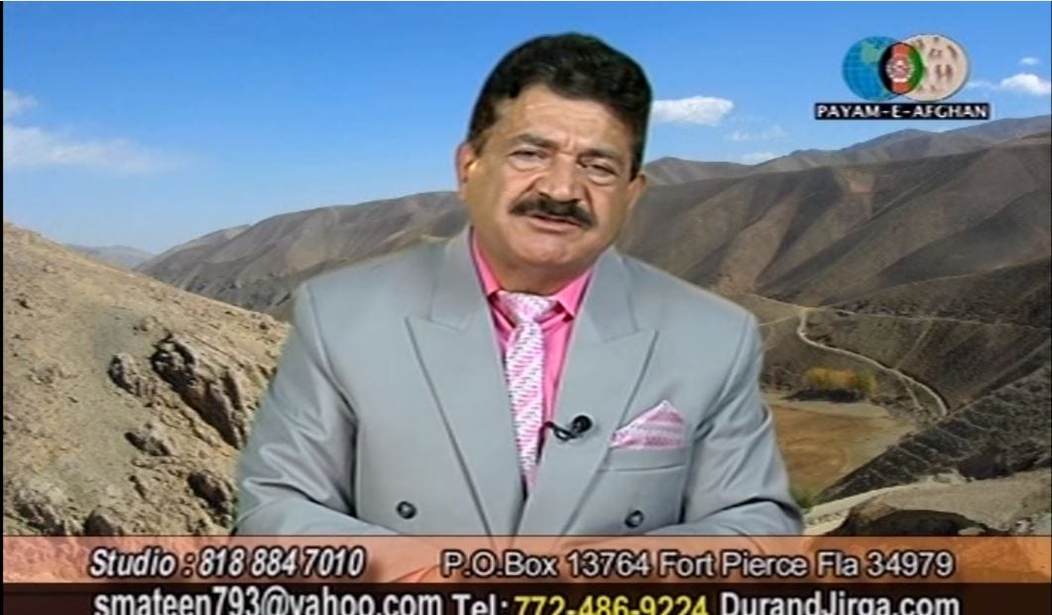The father of Orlando shooter Omar Mateen, Seddique Mateen, described his son this way:
“I think he just wanted to boast of himself,” the elder Mateen told the Post late Sunday in an interview from his home in Port St. Lucie, Fla. “No radicalism, no. He doesn’t have a beard even . . . I don’t think religion or Islam had anything to do with this.”
Seddique Mateen said his son stopped by the day before the rampage and showed no apparent warning signs.
“He was well-behaved. His appearance was perfect,” he said. “I didn’t see any sign of worrying or being upset or nervous.”
The truth is a lot more ambiguous.
Seddique Mateen is the host of a periodic program broadcast from California targeted at Afghans living in the United States:
But Seddique Mateen appeared to maintain a strong affiliation to Afghanistan, hosting a television show broadcast from California that weighed in on the country’s political affairs.
He also filmed dozens of sparsely viewed, rambling YouTube videos portraying himself as an important Afghan analyst and leader.
In one YouTube video, the elder Mateen expresses gratitude toward the Afghan Taliban, while denouncing the Pakistani government.
[Shifting portraits emerge of shooter as authorities seek clues of terror ties]
“Our brothers in Waziristan, our warrior brothers in [the] Taliban movement and national Afghan Taliban are rising up,” he said. “Inshallah the Durand Line issue will be solved soon.”
The “Durand Line issue” is a historically significant one, particularly for members of the Pashtun ethnic group, whose homeland straddles the border between Afghanistan and Pakistan. The Durand Line is that border. It is not clear whether the Mateens are Pashtun. The Afghan Taliban is mostly made up of Pashtuns.
To put it mildly, if your father is extolling the virtues of terrorism and of the terrorist organization that has been killing American and allied troops and innocent Afghanis for the past decade, it is small wonder that you decide that putting dear old dad’s words into action is a good thing. It also calls into question both the elder Mateen’s honesty and his definition of “well-behaved.”













Join the conversation as a VIP Member